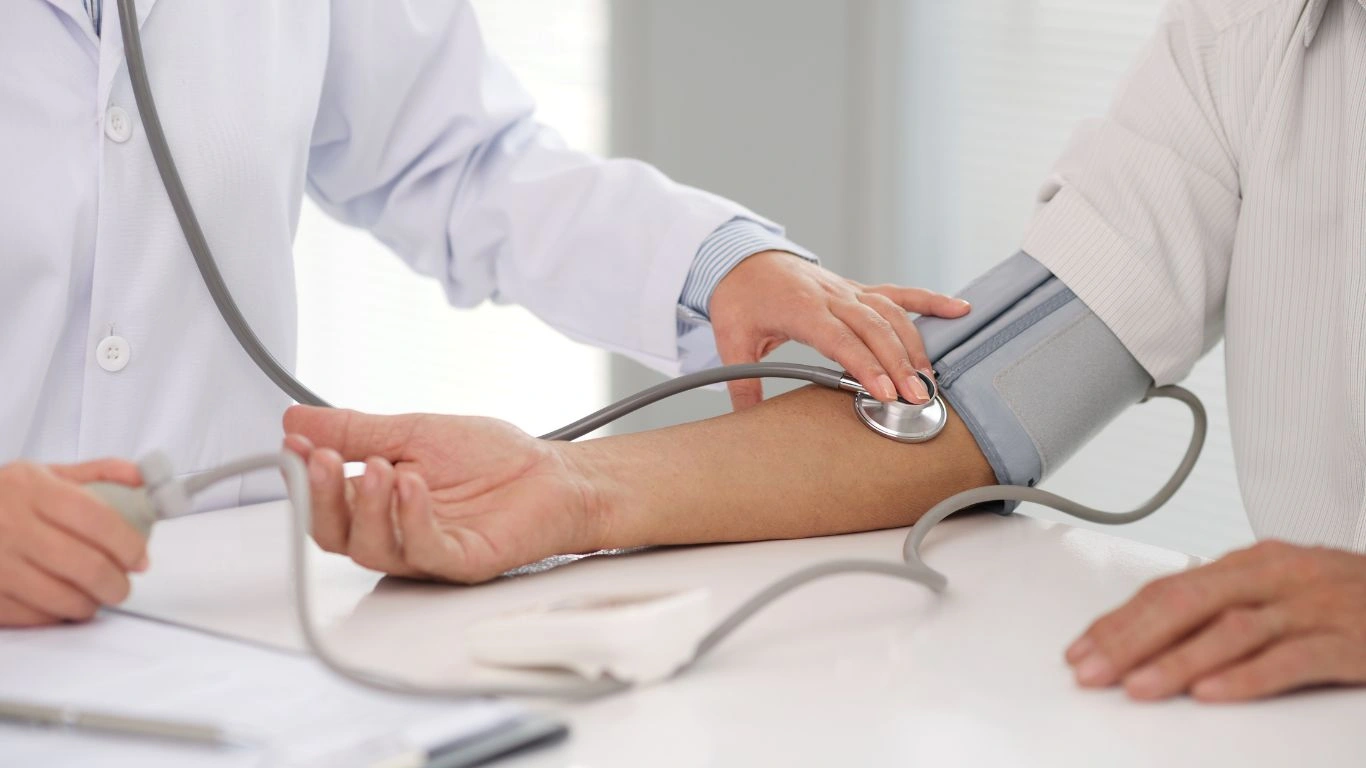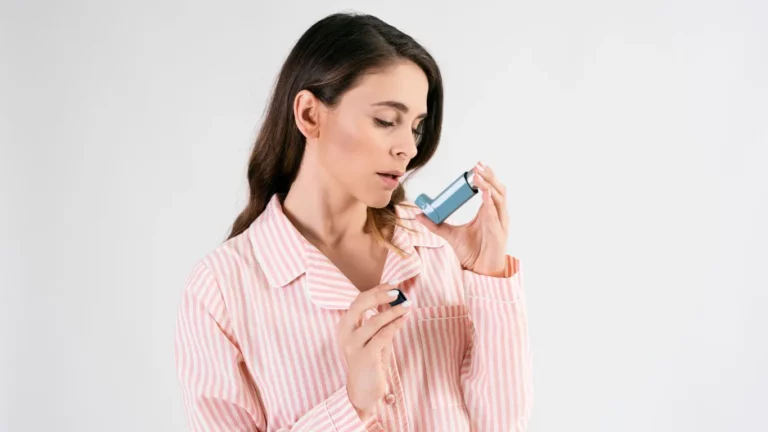Powerful Tips to Relieve High Blood Pressure and Ear Pressure Fast
If you’ve ever felt a weird sensation of pressure in your ears and wondered if it might have something to do with your blood pressure, you’re definitely not alone. As an Internal Medicine physician specializing in hypertension management, I’ve encountered many patients who come in concerned about this exact issue — “Could my high blood pressure be causing this ear pressure?” The connection isn’t always straightforward, but it’s an important topic because both high blood pressure and ear pressure can impact your quality of life in subtle yet significant ways. Let’s dive into what’s really going on behind these symptoms and what you should be paying attention to.
Understanding High Blood Pressure and Ear Pressure: The Basics
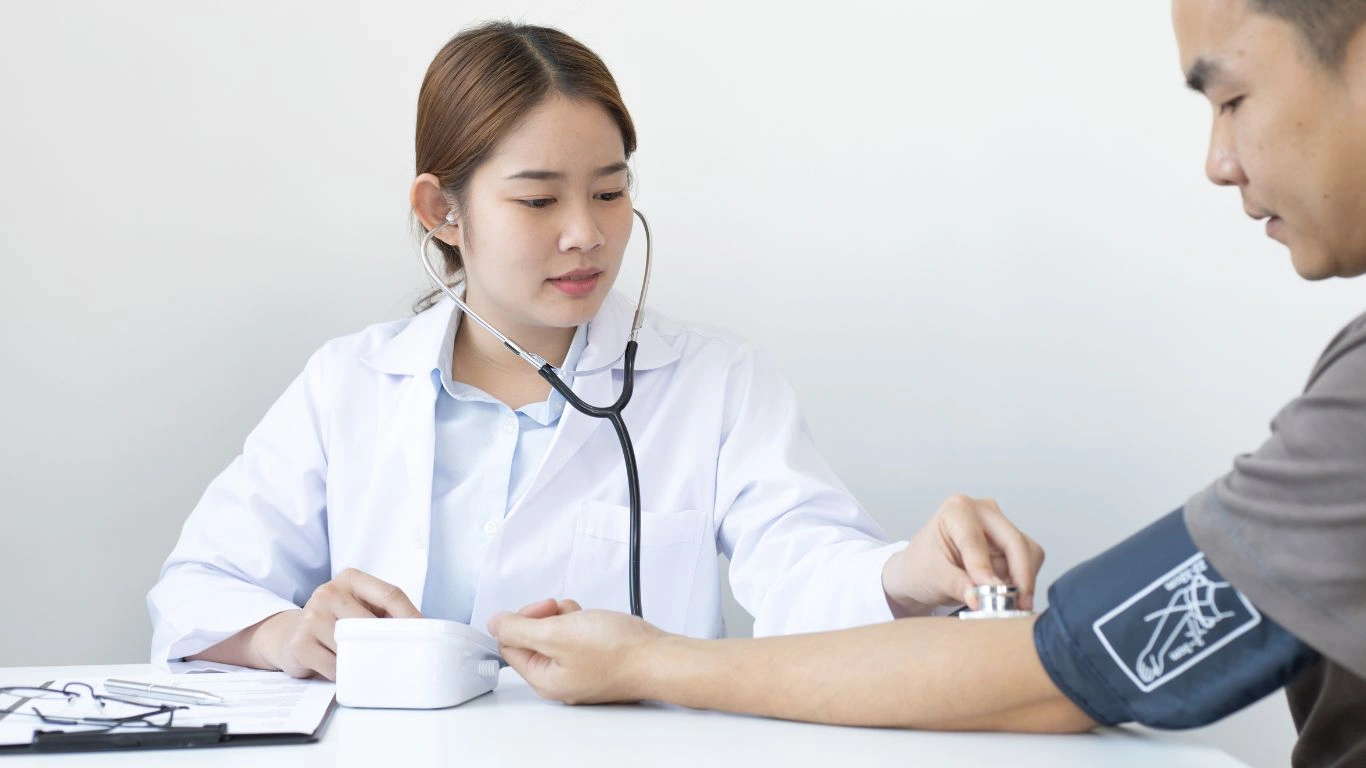
High blood pressure, or hypertension, is often called the “silent killer” because it usually doesn’t announce itself with obvious symptoms until serious damage has occurred. It’s a condition where the force of the blood pushing against your artery walls is consistently too high. Over time, this increased pressure can strain your heart, blood vessels, and other organs.
Ear pressure, on the other hand, is a sensation many describe as fullness, popping, or a clogged feeling in the ear. It’s commonly related to problems with the Eustachian tube — the tiny passage that helps equalize pressure between your middle ear and the outside environment. But here’s the kicker: while ear pressure is usually linked to things like allergies, sinus infections, or even changes in altitude, it can sometimes be connected to cardiovascular issues, including hypertension.
How Does High Blood Pressure Affect Ear Pressure?
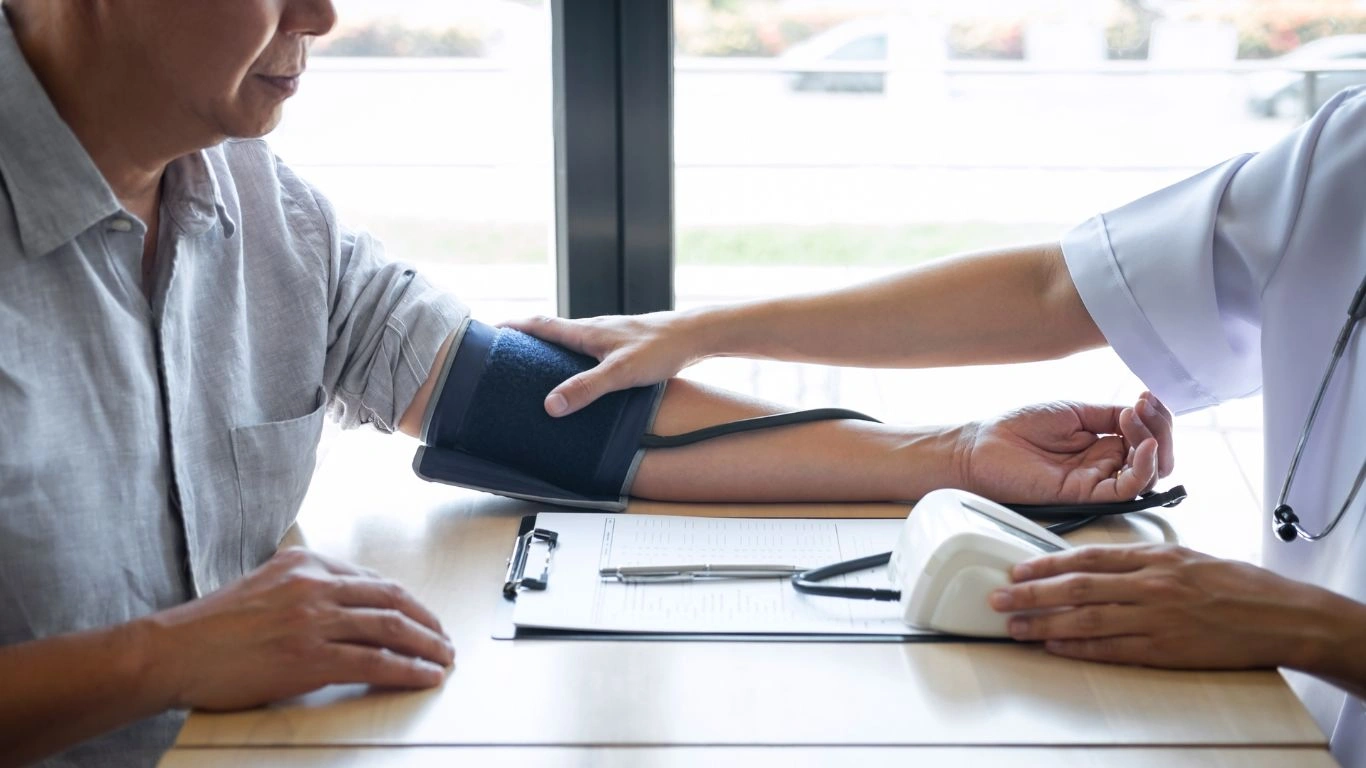
From my experience, patients with uncontrolled high blood pressure occasionally report symptoms like ear fullness or pressure. Here’s why this might happen:
- Vascular Changes: High blood pressure causes the blood vessels to stiffen and narrow, which can affect the tiny arteries supplying blood to the inner ear. When these vessels are under stress, it may lead to altered sensations or even mild tinnitus (ringing in the ears).
- Fluid Retention: Hypertension often comes hand-in-hand with fluid retention in the body. Excess fluid can build up in the tissues around the ear, potentially causing that uncomfortable pressure feeling.
- Increased Intracranial Pressure: Though less common, elevated blood pressure can sometimes increase the pressure inside your skull. This can indirectly affect the ear’s pressure balance, leading to symptoms.
It’s crucial to remember that while ear pressure can be linked to high blood pressure, it’s not a definitive sign of it. Many other common causes, like ear infections or sinus congestion, can produce similar symptoms. But if you have hypertension and notice persistent ear pressure, it’s worth bringing up during your medical visits.
Personal Insights: What I’ve Seen in Practice
Over the years, I’ve seen several patients come in worried about their ear symptoms only to find out it’s related to poorly managed blood pressure. One memorable case involved a middle-aged man who complained about a constant “blocked” sensation in his ears. After a thorough check, it turned out his blood pressure had been creeping up unnoticed. With proper medication adjustments and lifestyle changes, not only did his hypertension come under control, but his ear pressure symptoms gradually faded away.
What this taught me is how interconnected our body systems really are. Symptoms like ear pressure may feel isolated, but they can be a window into underlying conditions like hypertension that need attention.
Recognizing Symptoms: When Ear Pressure Might Signal High Blood Pressure
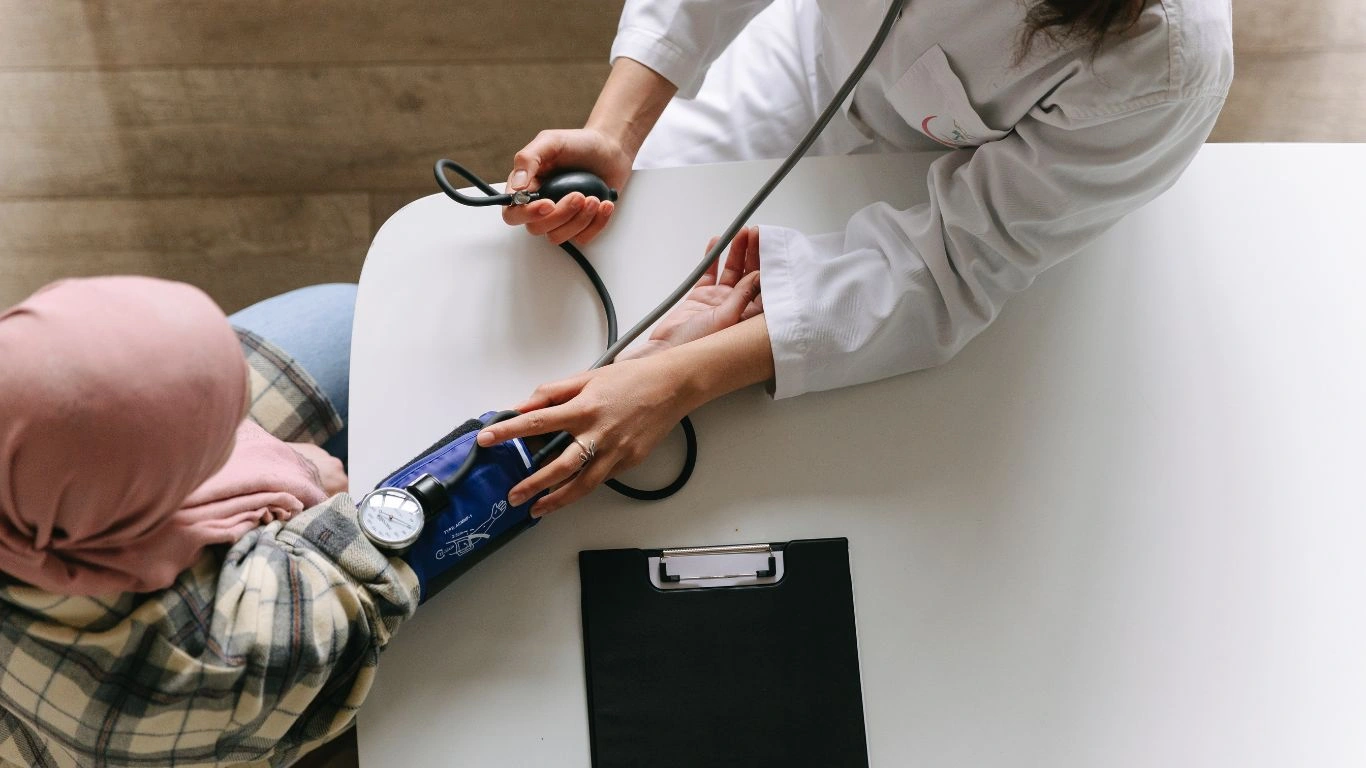
Common Signs to Watch For
Since high blood pressure often flies under the radar, being mindful of subtle symptoms can be helpful. When ear pressure occurs alongside any of the following, it might be time to get your blood pressure checked:
- Persistent Headaches: Frequent headaches, especially at the back of the head or temples, can be a clue.
- Dizziness or Lightheadedness: These symptoms combined with ear pressure may indicate circulatory issues.
- Blurred Vision: Sudden vision changes should never be ignored.
- Fatigue or Shortness of Breath: These general symptoms can sometimes accompany elevated blood pressure.
Why Ignoring These Symptoms Can Be Risky
Untreated hypertension can lead to serious complications like heart attacks, strokes, and kidney damage. When you start noticing ear pressure along with these symptoms, it’s a red flag that your body might be under stress from elevated blood pressure. Early detection and management can prevent long-term damage and improve your overall well-being.
How to Manage High Blood Pressure to Ease Ear Pressure
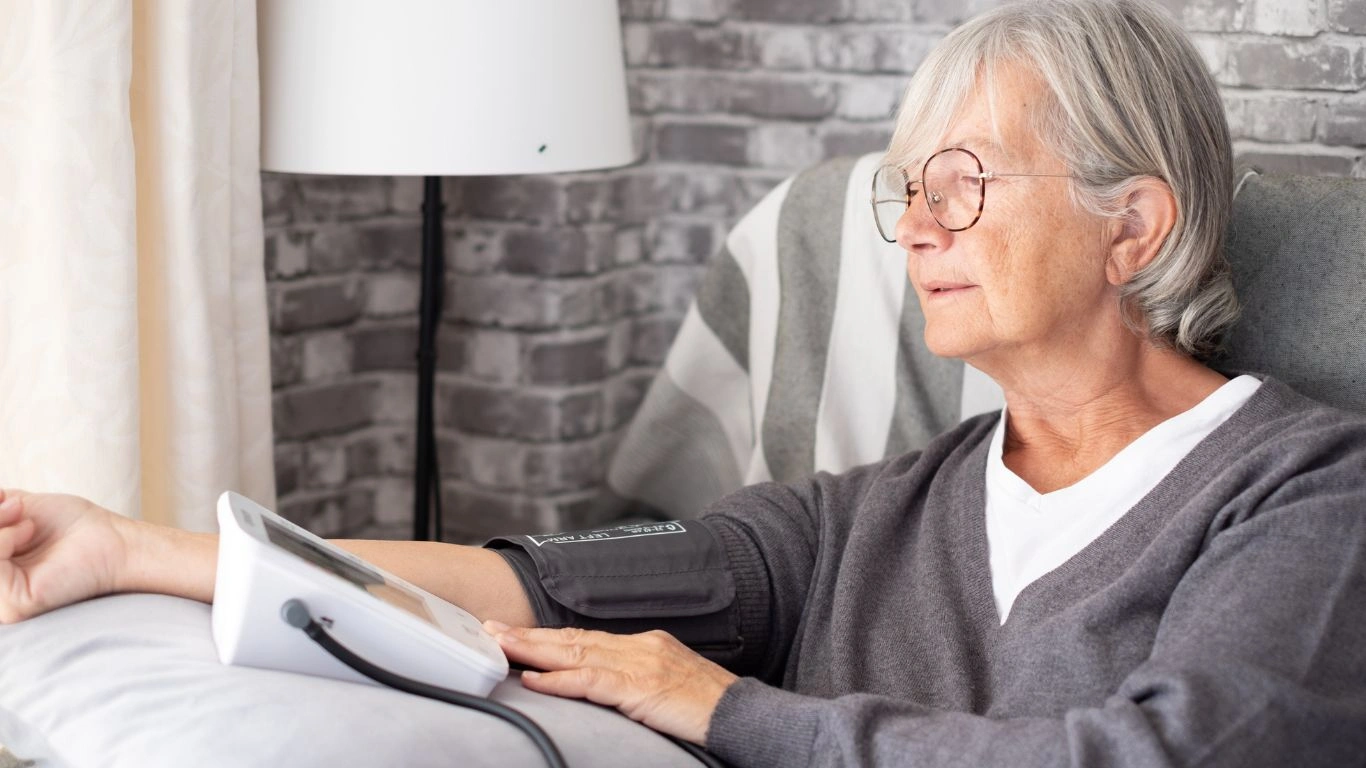
Managing high blood pressure isn’t just about numbers on a chart — it’s about improving how you feel day-to-day, including minimizing those strange sensations like ear pressure. From my years working with patients, I’ve learned that a holistic approach really makes the difference. It’s not just about popping pills but combining medication with lifestyle tweaks that actually stick.
Medication: Finding the Right Fit
When it comes to high blood pressure, the first thing most people think about is medication — and rightfully so. There are many effective options available, from ACE inhibitors to calcium channel blockers. But here’s a key point from my practice: no one medication fits all. It often takes some trial and error to find what works best for your body.
For those experiencing ear pressure, adjusting blood pressure medications carefully can sometimes ease the symptom. If you’re noticing ear fullness after starting or changing your meds, let your doctor know. Sometimes side effects or dosage tweaks are needed to strike the right balance.
Lifestyle Changes That Make a Real Difference
Medications are important, but you have to play your part too. Here are some of the lifestyle strategies I recommend to patients to not only lower blood pressure but potentially reduce ear pressure as well:
- Cut Back on Salt: Sodium can raise blood pressure and cause your body to retain fluid, which may contribute to ear pressure.
- Stay Hydrated: Drinking enough water helps keep your blood volume balanced and supports overall circulation.
- Regular Exercise: Moderate aerobic activity like walking or swimming improves heart health and vascular function, which can ease symptoms.
- Manage Stress: Stress triggers a cascade of hormonal changes that elevate blood pressure. Practices like yoga, meditation, or even simple deep breathing can be game-changers.
- Limit Alcohol and Avoid Tobacco: Both can spike blood pressure and interfere with blood flow to the ears and other organs.
- Sleep Well: Poor sleep, especially conditions like sleep apnea, can worsen hypertension and may cause symptoms like ear pressure.
One patient of mine, a woman in her late 50s, told me that just by committing to daily walks and cutting down on salty snacks, she noticed her ear pressure diminished significantly along with her blood pressure numbers. Small changes can feel manageable and really add up.
When to Seek Medical Attention for Ear Pressure and High Blood Pressure

Red Flags You Shouldn’t Ignore
While ear pressure alone usually isn’t an emergency, combined with high blood pressure, there are certain signs that warrant immediate medical evaluation. From personal experience and guidelines in internal medicine, these are the symptoms that should prompt a prompt check-in with your healthcare provider:
- Sudden, Severe Headache: Sometimes described as the worst headache of your life — could indicate a hypertensive crisis or even stroke.
- Changes in Hearing or Sudden Hearing Loss: This isn’t typical for high blood pressure alone and needs thorough evaluation.
- Chest Pain or Shortness of Breath: Signs your heart might be under significant stress.
- Persistent Dizziness or Balance Issues: Could suggest problems with blood flow to the brain or inner ear.
In my practice, when patients present with ear pressure and elevated blood pressure alongside these symptoms, we act quickly to rule out urgent conditions like hypertensive emergencies or inner ear vascular problems. Early intervention is crucial.
Diagnostic Tests That Help Pinpoint the Cause
Sometimes, it takes a bit of detective work to understand why you’re experiencing ear pressure alongside hypertension. Here are some common tests I’ve found invaluable:
- Blood Pressure Monitoring: Home or ambulatory blood pressure monitoring gives a fuller picture than a single clinic reading.
- Blood Tests: Checking kidney function, electrolytes, and cholesterol levels helps assess overall cardiovascular risk.
- Hearing Tests (Audiometry): To evaluate if ear pressure is linked to hearing changes or inner ear issues.
- Imaging Studies: In some cases, an MRI or CT scan might be recommended to look for vascular abnormalities or increased intracranial pressure.
During a patient consultation, I always emphasize the importance of a thorough workup before jumping to conclusions. Many patients feel relieved once they understand their symptoms better and have a clear management plan tailored to their needs.
The Role of Diet and Supplements in Blood Pressure and Ear Health

Foods That Help and Foods That Hurt
One question I often get is, “Doc, what should I eat to help my blood pressure and maybe this annoying ear pressure?” Diet absolutely plays a starring role. Here’s what I usually recommend:
- Eat More Potassium-Rich Foods: Bananas, spinach, sweet potatoes, and avocados help balance sodium and ease blood vessel tension.
- Focus on Whole Foods: Fresh vegetables, fruits, lean proteins, and whole grains support heart health and reduce inflammation.
- Limit Processed and Fried Foods: These often contain excess salt, unhealthy fats, and additives that can worsen hypertension.
Supplements: What Works and What Doesn’t
While supplements can support your health, they’re not magic bullets. In my clinical experience:
- Magnesium: May help relax blood vessels and improve circulation.
- Omega-3 Fatty Acids: Known for their anti-inflammatory effects and cardiovascular benefits.
- Vitamin D: Low levels have been linked to hypertension in some studies.
That said, always talk to your doctor before starting any supplements, especially if you’re on blood pressure medications — some can interact or cause unwanted side effects.
Long-Term Outlook: Living Well with High Blood Pressure and Ear Pressure

Managing high blood pressure is a lifelong journey, and when ear pressure pops up as an unwelcome companion, it can feel frustrating. But here’s the good news from my years in internal medicine: with consistent care and smart habits, most people can keep both conditions in check and enjoy a good quality of life.
Consistency Is Key
One thing I always stress to patients is the importance of consistency. It’s tempting to get motivated when symptoms flare up, but the real progress happens when you stick to your treatment plan every day. Whether it’s taking medications as prescribed, following a heart-healthy diet, or managing stress, these steady efforts pay off.
For instance, a patient I’ve been following for over a decade shared how sticking to her blood pressure meds and attending regular follow-ups helped her avoid the ear pressure she used to experience regularly. She said it felt like finally getting her body to “talk normal” again.
Monitoring Your Symptoms
Keeping a personal symptom diary can be a surprisingly useful tool. Jot down when you notice ear pressure, what you were doing, your diet, stress levels, and your blood pressure readings if you check them at home. This kind of detailed tracking helps both you and your doctor pinpoint triggers and adjust your care.
When to Adjust Your Approach
Sometimes, despite best efforts, symptoms linger or worsen. If ear pressure doesn’t improve or if you notice new symptoms like persistent ringing in the ears (tinnitus) or dizziness, it’s time to reassess. From my experience, these signs could indicate the need for further evaluation or a different treatment strategy.
Preventing High Blood Pressure-Related Ear Pressure: Practical Tips

Simple Habits That Protect Your Ears and Heart
Prevention is always better than cure, and in my clinical practice, I find that educating patients about daily habits goes a long way. Here are some straightforward tips to help you keep your blood pressure and ear pressure in harmony:
- Maintain a Balanced Diet: Think fresh, colorful, and low in sodium. Remember, what’s good for your heart is good for your ears too.
- Keep Moving: Aim for at least 150 minutes of moderate exercise weekly. Your ears benefit from good circulation just like the rest of your body.
- Limit Caffeine and Alcohol: Both can temporarily raise blood pressure and might worsen ear pressure sensations.
- Practice Stress Management: Find what works for you—whether it’s meditation, hobbies, or socializing. Chronic stress can sneakily raise your blood pressure.
- Regular Health Screenings: Don’t skip your check-ups. Early detection and management prevent complications.
Mindful Ear Care
Taking care of your ears doesn’t just mean avoiding loud noises. For those prone to ear pressure, here are a few extra tips I share with my patients:
- Avoid sudden altitude changes when possible, or use pressure-equalizing techniques like yawning or swallowing during flights.
- Be cautious with over-the-counter decongestants; while they can relieve sinus pressure, overuse may worsen ear discomfort.
- If you experience frequent ear infections or allergies, seek timely treatment to reduce the risk of persistent ear pressure.
Final Thoughts and Resources
Living with high blood pressure doesn’t mean you have to resign yourself to uncomfortable symptoms like ear pressure. With attentive care, lifestyle changes, and regular medical support, you can keep your blood pressure in check and reduce those pesky sensations in your ears.
As a physician who’s walked this road with countless patients, I encourage you to be proactive. Don’t hesitate to bring up any new or bothersome symptoms with your doctor. Your body is communicating with you, and together you can find the best path forward.
References
Disclaimer
This article is intended for informational purposes only and does not replace professional medical advice, diagnosis, or treatment. Always consult your healthcare provider regarding any health concerns or before making changes to your treatment plan.

Dr. Gwenna Aazee is a board-certified Internal Medicine Physician with a special focus on hypertension management, chronic disease prevention, and patient education. With years of experience in both clinical practice and medical writing, she’s passionate about turning evidence-based medicine into accessible, actionable advice. Through her work at Healthusias.com, Dr. Aazee empowers readers to take charge of their health with confidence and clarity. Off the clock, she enjoys deep dives into nutrition research, long walks with her rescue pup, and simplifying medical jargon one article at a time.

